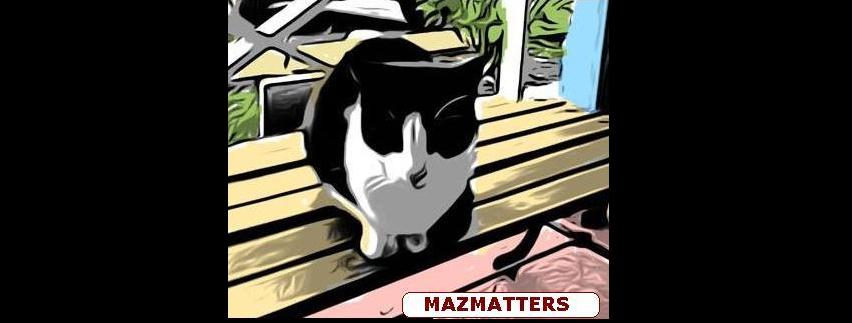The Copyright Amendment (Online Infringement) Bill and the new measures it introduces to address illegal downloading of copyright material became an Act last month on 26 June 2015 and commenced operation as the Copyright Amendment (Online Infringement) Act 2015 (No. 80 of 2015) (the Act) on 26 June 2015.
The purpose of the new legislation in broad terms is stated as being to ". . . introduce a key reform to reduce online copyright infringement". The scheme introduced by the legislation is said by the government to be ". . . deliberately prescriptive" and ". . . intended as a precise response to a specific concern raised by copyright owners". The Act is designed to prevent Australians accessing the many overseas websites, like The Pirate Bay to download, in particular, movies and television programs, without paying.
The General Consensus
Most of the technology experts take the view that online piracy will become more difficult for many Australians but that the new law will not actually stop people who insist on downloading illegal content from overseas websites. The reasoning behind this is that methods for side-stepping ISP filters are numerous and details for how to use these methods are well known and widely published online. Effectively, those who are currently downloading movies and music without paying, may need to change their ways now that these new copyright rules have become law - but rather than ceasing what they do, they may just find new ways of doing it undetected.
The Key Elements and Some Questions Left Unanswered
The new law that commenced on 27 June 2015 means that the holders of intellectual property rights, for example, Hollywood movie studios, will be able to to initiate actions in the Federal Court of Australia to force Carriage Service Providers (commonly known as Internet Service Providers, or ISPs) to take reasonable steps to block access to an overseas website. For this to happen, it must be proven that infringing copyright is the offending website's primary purpose. The amendments to the Copyright Act 1968(Cth) made by the Act do not deal with whether the ISP will need to block IP addresses, which identify web servers, or web addresses. On this, the Act's explanatory material provides that the Federal Court may order the parties to establish a landing page to inform users of the reasons why the website is blocked. The Act's explanatory material also indicates that Virtual Private Networks (VPNs) will not be the target of the Act, but no explicit protections for VPNs are contained in the Act.
What Changes?
The view generally appears to be that while the legislation has generated much interest nothing will change for the average user (down loader/file sharer) until a copyright holder is successful in the Federal Court by getting an order for an ISP to block a website. At that point, an ISP would be required to take "reasonable steps" to block the website from its customers' access - a process which has also some questions as to its effectiveness. As an article by SBS News reports:
"Methods of side-stepping ISP filtering can be easily found using a search engine. . . . In the UK, BitTorrent website The Pirate Bay has been blocked since 2012 but research suggests pirates have turned to smaller pirate websites that have not been blocked. . . The same research says when several pirate websites are blocked, the difficulty of accessing pirated content increases."
Another issue is the cost of the changes made by the Act as it is not yet clear whether an ISP and their customers will pay the costs for blocking a website. In this respect it should be noted that the Act's explanatory material does indicate that when a site is to be blocked then the Federal Court has the power to decide if rights holders or the ISP must pay for the costs of implementing an order.
Some Comments
SSB News reports the view of major film and DVD distribution and cinema company, Village Roadshow, as supporting the new law, saying continued piracy had the potential to shut down Australia’s film and television drama industry. In its submissions to a senate inquiry Village commented that:
"Pirate websites were run by criminals, who received advertising money while facilitating theft, . . ."
Vanessa Hutley from Music Rights Australia is reported as telling SBS Newsthat ". . . it was an important step for rights holders".
Consumer advocate magazine Choice is reported as saying that ". . . ISP filtering was ineffective, but provided some insight into why Australians pirate content". Namely, prohibitive prices and the availability of content were the main reasons, and that but for that ". . . many would exhaust legal options for accessing content before resorting to piracy".
Sources:
Copyright Amendment (Online Infringement) Act 2015 (No. 80 of 2015), the Bill and Explanitory material.
How will Australia's anti-piracy law affect you? (SBS News - 24 June 2015)

No comments:
Post a Comment